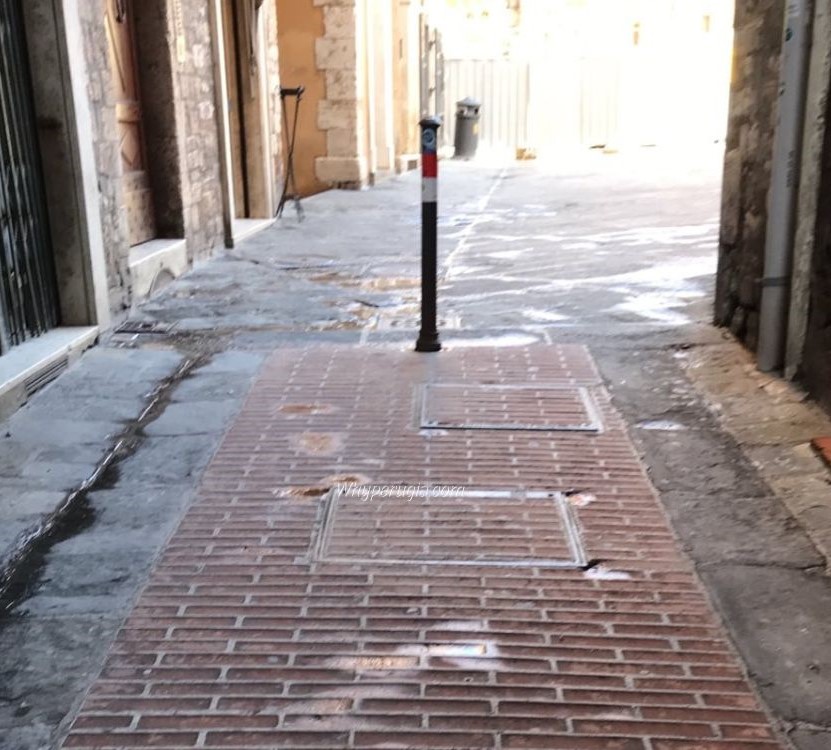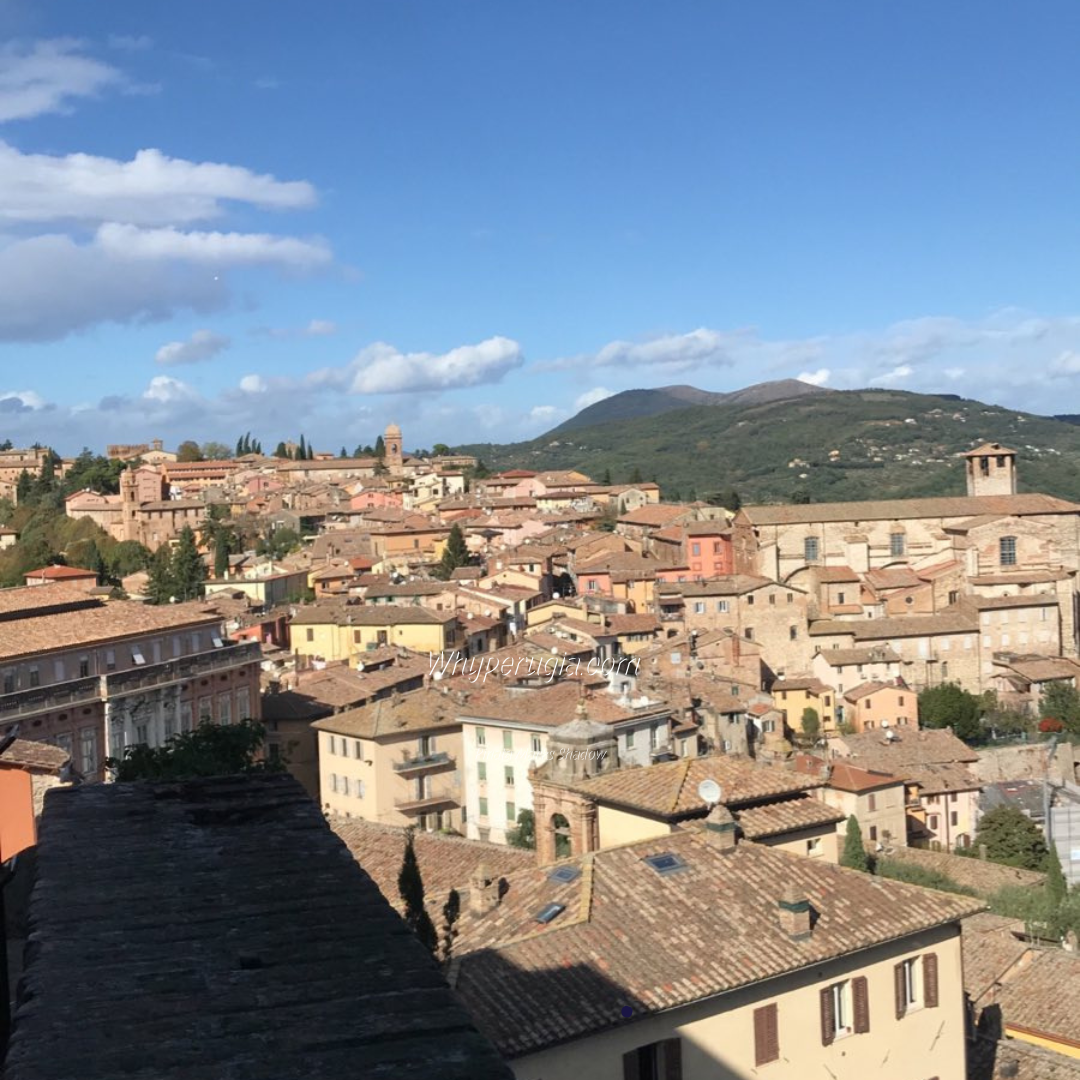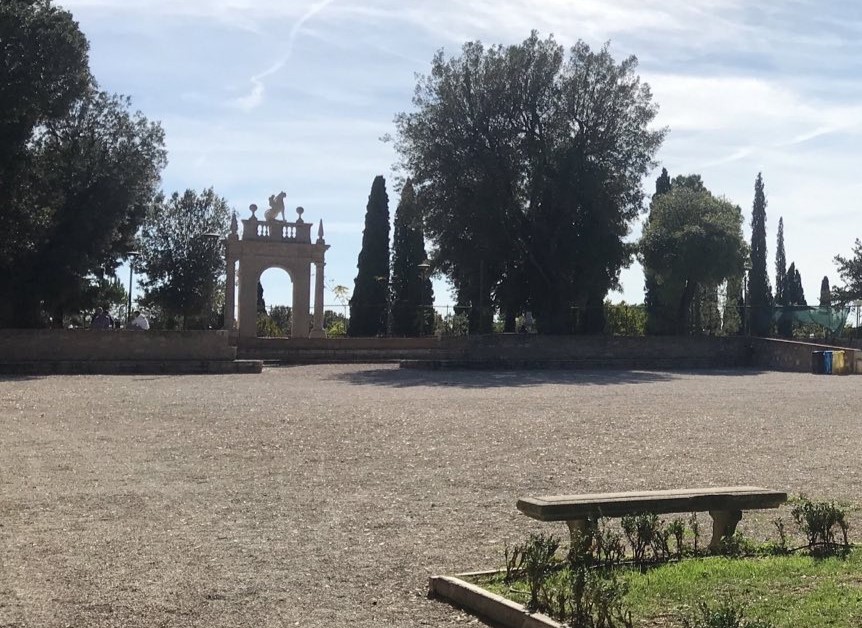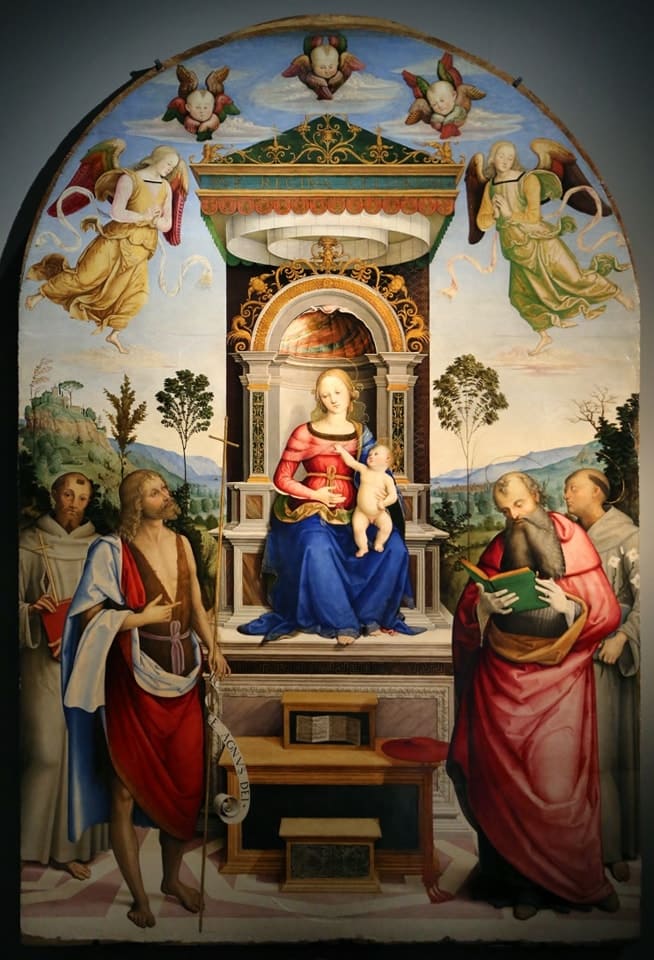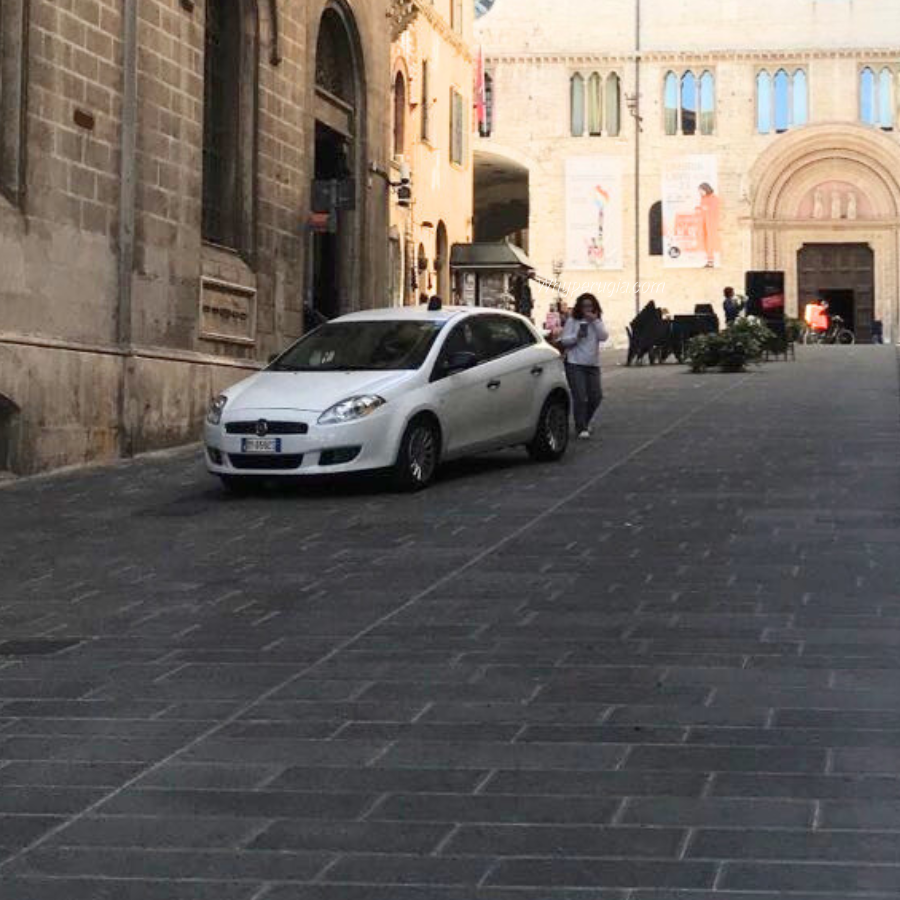The establishment of Perugia has been attributed to multiple historical accounts, contributing to a tapestry of origins. Some sources attribute its foundation to the Etruscans, given its location east of the Tiber River, traditionally considered Etruscan territory. Alternatively, other historical records point to the Umbrians as the city’s founders. This dual attribution stems from Perugia’s geographical placement, situated on lands believed to share both Etruscan and Umbrian influences. Consequently, the origins of Perugia are intricately woven into a narrative that intertwines Etruscan and Umbrian heritage.
According to one historical perspective, the city’s roots can be traced back to the Etruscans, who settled in the region east of the Tiber River. This territory, traditionally associated with Etruscan influence, forms the backdrop against which Perugia emerged. However, another school of thought emphasizes the city’s ties to the Umbrians, an ancient people inhabiting central Italy. This interpretation suggests that Perugia’s founding is intricately connected to both Umbrian and Etruscan cultural influences, reflecting the complex historical dynamics of the region.
The ambiguity surrounding Perugia’s foundation underscores the intricate history of this city. While its location on lands east of the Tiber is undeniably linked to Etruscan influence, the proximity to the territory of the Umbrians adds another layer to its historical narrative. Perugia, therefore, stands as a testament to the confluence of diverse cultures and civilizations in ancient Italy.
The question of who is credited with the founding of Perugia remains enigmatic, with historical accounts attributing its origin to both Etruscan and Umbrian influences. This duality encapsulates the city’s rich and complex history, where cultural intersections have shaped its identity over the centuries. We know that you may be interested to know more about historical museums in Perugia.

